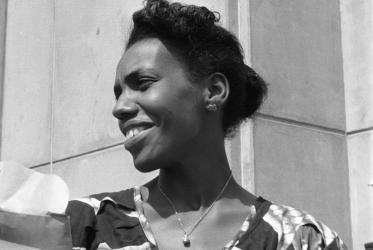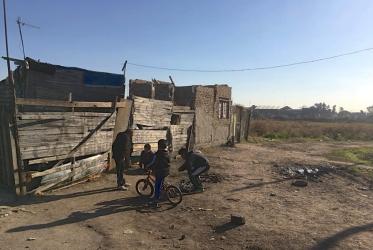Displaying 61 - 80 of 263
A tribute to Rev. Dr Rena Joyce Weller Karefa-Smart
21 January 2019
WCC to ring with children’s voices across the world
16 November 2018
Pope Francis at the World Council of Churches
31 May 2018
A life over too soon: WCC mourns Daniela Di Mauro
11 April 2018
Church and political leaders send messages of hope to Taizé meeting
29 December 2016








